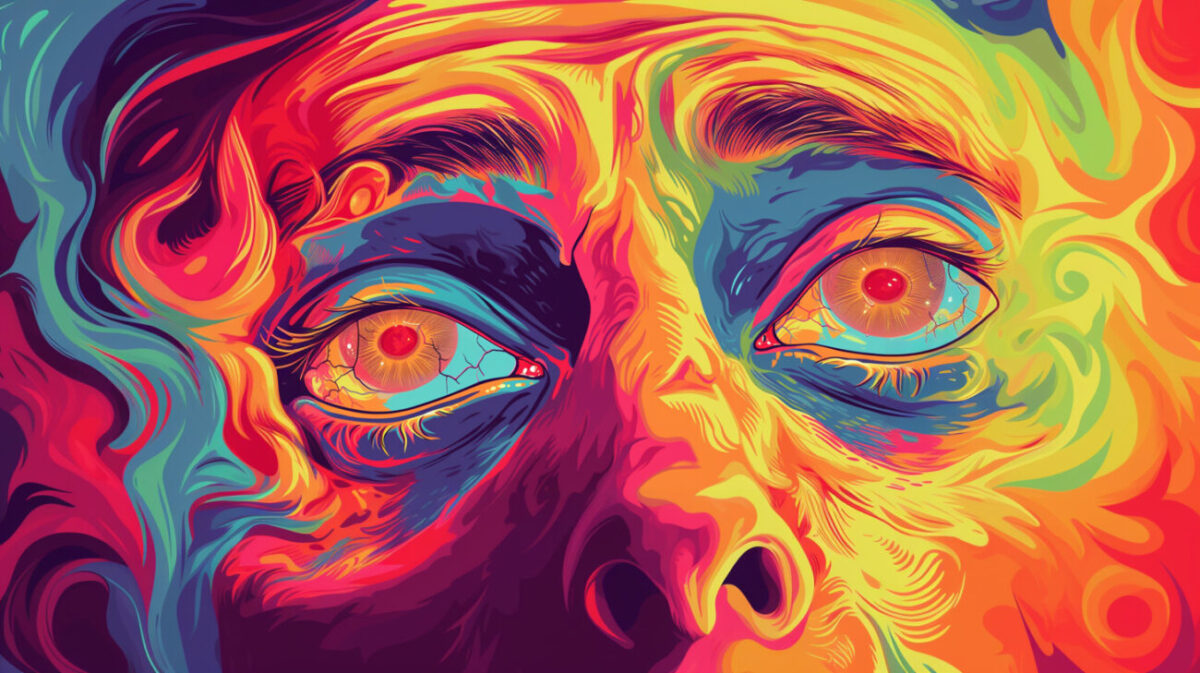Get The Article
- Psychology Today Article
- Neuropsychopharmacology Article
Cite This Work
- APA
- MLA
- Bibtex
Murray, C. H., Frohlich, J., Haggarty, C. J., Tare, I., Lee, R., & De Wit, H. (2024). Neural Complexity Is Increased After Low Doses of LSD, but Not Moderate to High Doses of Oral THC or Methamphetamine. Neuropsychopharmacology. https://doi.org/10.1038/s41386-024-01809-2
“Neural Complexity Is Increased After Low Doses of LSD, but Not Moderate to High Doses of Oral THC or Methamphetamine.” Neuropsychopharmacology, Jan. 2024, doi:10.1038/s41386-024-01809-2.
@article{Murray_Frohlich_Haggarty_Tare_Lee_De Wit_2024b, title={Neural Complexity Is Increased After Low Doses of LSD, but Not Moderate to High Doses of Oral THC or Methamphetamine}, url={https://doi.org/10.1038/s41386-024-01809-2}, DOI={10.1038/s41386-024-01809-2}, journal={Neuropsychopharmacology}, author={Murray, Conor H. and Frohlich, Joel and Haggarty, Connor J. and Tare, Ilaria and Lee, Royce and De Wit, Harriet}, year={2024}, month=jan }
Cannabis and the Psychedelic: A Historical Perspective
In 1857, the American writer Fitz Hugh Ludlow described his experiences with hashish in his memoir The Hasheesh Eater: Being Passages from the Life of a Pythagorean:
“It is this process of symbolization which, in certain hasheesh states, gives every tree and house, every pebble and leaf, every footprint, feature, and gesture, a significance beyond mere matter or form, which possesses an inconceivable force of tortures or of happiness.”
Delving into Terminology: What Does “Psychedelic” Really Mean?
For Ludlow, hashish infused meaning into everyday objects; his experiences seemed to reveal new parts of the mind, with either blissful or terrifying effects. In 1956, the psychiatrist Humphrey Osmond coined a term to encapsulate such “mind-manifesting” phenomena: psychedelic. Both then and now, the term is mostly applied to drugs like LSD that powerfully alter one’s perception through their action at a specific neurotransmitter receptor called 5HT2a, which receives signals from serotonin, one of the brain’s main chemical messengers. These “classic psychedelics” have a very different pharmacology than tetrahydrocannabinol, or THC, the main active chemical in cannabis. Unlike LSD and the so-called “classic psychedelics”, THC acts similarly to a different class of neurotransmitters called endocannabinoids, which send signals “backwards” across synapses in the brain to regulate neuronal firing. The effects of THC include changes in perception, appetite, and mood; “inconceivable force of tortures or of happiness” as Ludlow described it. But, is this experience “psychedelic”?
Let’s consider the classic psychedelics, like LSD and psilocybin, the main active compound in magic mushrooms. A well known effect of these psychedelics is an increase in the complexity or “diversity” of neural activity. According to one theory, brain complexity during the psychedelic state reflects the increased richness of subjective experience. In short, your experience of the world becomes more complex on psychedelics, and so to does the electrical activity of your cerebral cortex.
The Science of Psychedelic Effects: THC vs. Classic Psychedelics
Recently published work led by my collaborator Conor Murray at UCLA investigated whether oral THC would also increase neural complexity. While at the University of Chicago, Murray and his colleagues recorded electrical brain activity using a non-invasive technology called EEG while one group of healthy volunteers took THC in pill form and another group took a tiny “microdose” of the classic psychedelic LSD in another session (a microdose here means a tiny dose with barely noticeable effects). Note that this THC pill contained synthetic THC, or Marinol, rather than extract from the cannabis plant. Marinol doesn’t contain other cannabis compounds like CBD, and so its effects may be different from those of real cannabis products. Furthermore, some individuals have a genetic background which impairs their liver’s ability to metabolize THC, and these people will be more impacted by oral THC than smoked or vaped THC.
To also examine how LSD and oral THC compared to a stimulant drug that lacks perception-altering effects, the University of Chicago researchers gave a third group of healthy volunteers a medical preparation of methamphetamine. This medical preparation, similar to what is occasionally prescribed for attention deficit hyperactivity disorder or ADHD, isn’t smoked like “crystal meth”, the drug’s street form, but it still has powerful effects on alertness and attention. For all drugs given in the laboratory—THC, LSD, and methamphetamine—some volunteers took the real drug while others took an inactive placebo.
So, how did these drugs affect the volunteers? When asked how much they felt the drug effect, volunteers felt the most “high” during the THC session, something like a solid 6 or 7 if rated on a scale out of 10. Both the methamphetamine and LSD drug effects were weaker, which isn’t too surprising given that the LSD was only given as a microdose. Furthermore, both THC and LSD increased anxiety, though this effect was stronger in the case of THC.
Exploring Neural Complexity: Does THC Alter Brain Activity Like Psychedelics?
But what about effects on brain activity? I contributed to the study by guiding an analysis of neural complexity. Surprisingly, when each drug’s effect on neural complexity was compared with a placebo, only LSD caused a statistically significant increase in the complexity of brain activity. THC simply did not alter the complexity of EEG signals at significant level, and the small effects it did exert were a mixture of increases and decreases at different EEG sensors.
Psychedelic, or Not? Subjectivity Matters
So, does this mean that oral THC and edible cannabis products aren’t psychedelic? Not so fast. First of all, the changes in complexity observed with LSD didn’t correlate with the drug’s subjective effects, which suggests that the diversity of neural signals changes even before strong effects in one’s mental experience occur. However, this might have been different if participants had been given a larger, “macrodose” of LSD, as other studies have found correlation between neural complexity and the felt effects of macrodosed psychedelics.
Additionally, it’s important to remember that volunteers took Marinol, which lacks the other natural chemicals or “cannabinoids” found in the cannabis plant, such as CBD. Although the main effects of cannabis are exerted by THC, it’s possible that THC also interacts with other cannabinoids, which alter its effects. In other words, a different study using extracts from the cannabis plant might have yielded different results.

The Potential Role of Cannabis in Psychedelic Therapy
But finally, and most importantly, we need to remember what the word psychedelic means: to manifest the mind. Many experiences, including some that don’t involve any drugs, reveal hidden aspects of the mind, including meditation, breathwork, and floating in a sensory reduction float tank. In the case of meditation, it’s somewhat unclear whether this activity is accompanied by increases or decreases in neural complexity. But as far as a psychedelic quality is concerned, the ground truth in each case is whatever a person reports: if experiences with meditation or cannabis seems to manifest hidden aspects of the mind, then why can’t we call these experiences psychedelic?
Nonetheless, I think Murray’s recent EEG study of THC has important implications for psychedelic therapy. Psychotherapy, assisted by classic psychedelic compounds like LSD and psilocybin, is now being studied in many countries as a treatment for depression, addiction, and anxiety surrounding terminal illness. All clinical trials must compare these compounds to an inactive placebo (a pill with no effects) to determine if any benefit the patient experiences is really due to the drug or just due to what the patient expects will happen, a self-fulfilling prophesy of sorts. Because most psychiatric drugs have rather subtle effects—you don’t really notice much after popping a Prozac pill—placebo controlled trials generally work well. Classic psychedelics like LSD, on the other hand, have extremely obvious effects—participants know when they’re assigned to the placebo group, which alters their expectations of whether their symptoms will improve.
One solution to this problem would be to use an active placebo—a compound with noticeable, yet different, effects than a classic psychedelic drug like LSD. An active placebo would be as similar as possible to LSD without actually sharing its possible therapeutic properties. Drugs that act at the 5HT2a receptor, like LSD and psilocybin, are not merely psychedelic; they also increase the brain’s capacity to change and rewire itself, which is likely key to their ability to help pull people out of depression. In this context, the drugs are known as “psychoplastogens”. Cannabis, on the other hand, is not a psychoplastogen—as bizarre as a given experience with cannabis may be, it is unlikely to trigger massive rewiring of the brain comparable to changes induced by LSD. And yet, it may cause strong alternations in perception, which follow a long time course when taken orally (as a pill or edible) similar to classic psychedelics, often needing up to an hour or two to start after the oral dose is consumed. This might make cannabis a better comparison in psychedelic drug trials than a simple, inactive placebo. In such a trial, it would be less obvious to participants which treatment they had been assigned to, helping to control for expectancy effects.
Regardless of whether neural complexity changes track how psychedelic a substance feels, its specificity to LSD in Murray’s study suggests that it might be a biomarker specific to effects caused by LSD and not THC. If future studies show that neural complexity tracks some therapeutic property of LSD that THC lacks, then clinical trials of psychoplastogens might use neural complexity to differentiate between effects of the treatment versus another psychoactive drug used as a control, like oral THC. This idea is supported by the fact that ketamine, another psychoplastogen with antidepressant properties (albeit one that does not act at 5HT2a receptors) is also known to increase neural complexity.
Defining ‘Psychedelic’ and the Importance of Respectful Use
At the end of the day, the question of whether cannabis, edible or otherwise, is “psychedelic” is really a matter of semantics—how do we define psychedelic? And whether or not it’s regarded as psychedelic, THC shows both important differences and similarities with classic psychedelics like LSD. While these drugs have different uses and risks, THC may be comparable enough with classic psychedelics to serve the much needed purpose of providing a psychoactive control in psychedelic therapy.
Finally, whether or not you consider cannabis to be psychedelic, it and other psychoactive substances should be treated with respect and caution. Drugs discussed in this article have the ability to alter the mind, which, depending on the context and intentions behind their use, can be either therapeutic or harmful.

